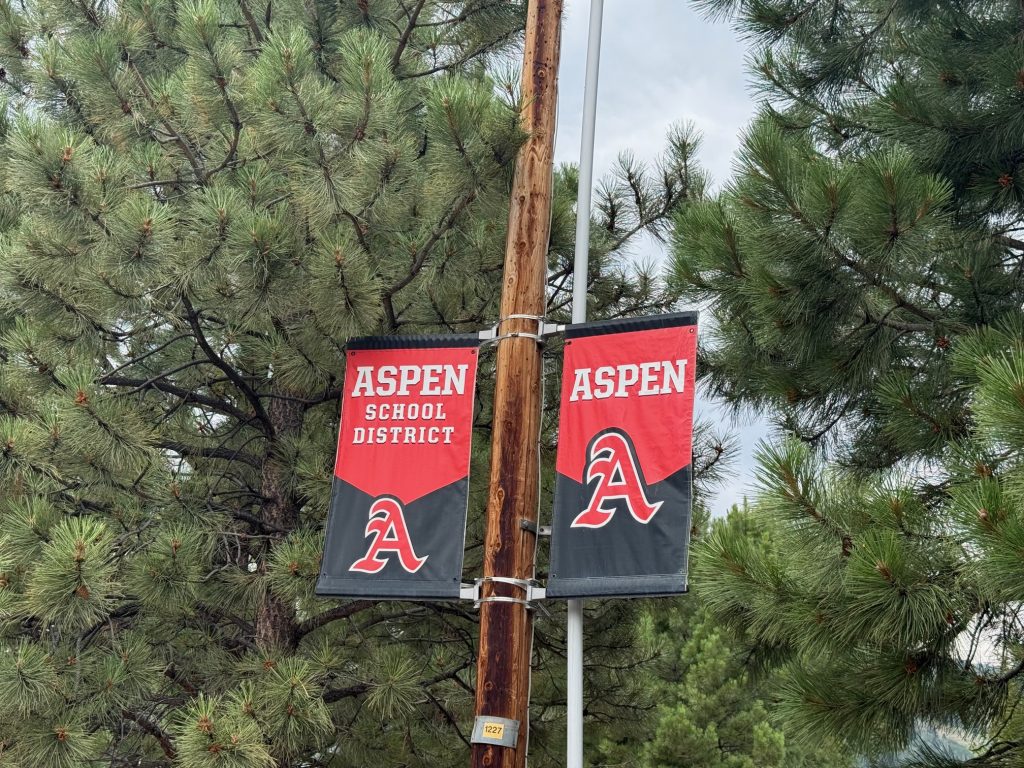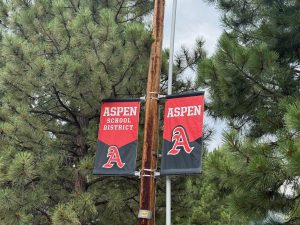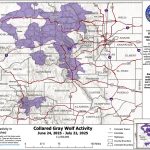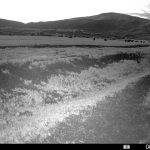Aspen School District asks city to double education tax
Aspen deliberates request

Madison Osberger-Low/The Aspen Times
The Aspen School District asked the city on Monday to double an existing sales tax so it could afford raises and continue extracurricular programs amid ongoing financial troubles.
The district hopes to double the 0.3% education-specific Aspen sales tax through approval of a ballot question this November. The 0.3% constitutes a portion of the total 9.3% tax on Aspen goods. The education tax, which was first implemented in 2012 and renewed by Aspen voters in 2016 and 2020, currently provides $3.9 million to the district. If not renewed, it will expire on Dec. 31, 2026.
“I think the town of Aspen has a very high expectation for the level of service that they’re expecting from the schools,” Aspen School District Superintendent Tharyn Mulberry told Aspen City Council in a Monday meeting, “that being class sizes, that being sports that we offer, that being outdoor (education). In most school districts, when faced with these same funding constraints, the very first thing to go are those programs.”
The district asks for an increased financial contribution from Aspen taxpayers in the wake of several state budget cuts. The state redistributed funding from wealthier school districts to those with less funds by enacting its New Public School Finance Formula, which officials expect would result in a $5 million loss for the district starting in 2031.
District officials also estimate that Aspen School District lost $23.8 million in funding as a result of Colorado’s budget stabilization factor, which reduced the state’s spending on school districts. The factor was passed by the Colorado legislature in 2009 to account for budget shortfalls in the wake of the Great Recession and remained in place until 2024. The district said it has operated at a deficit for four of the past five years.
Aspen Mayor Rachel Richards said she would like to see the school district adequately funded, but raised the question of those outside the city who benefit from the school district but don’t pay an education-oriented sales tax. She added that she’s worried the question might not pass in the wake of a city survey collected by the school district regarding the tax increase, which yielded a 51% approval rate.
“The last thing any of us want is a question that won’t pass; the last thing any of us want is for the school district not to have the revenue it needs,” Richards said.
Start Your Day with the Sunrise Rundown
Get the top headlines, local updates, and need-to-know news delivered to your inbox every weekday morning. Join thousands of readers who start their day informed—with the Sunrise Rundown from The Aspen Times.
Sign up for the Sunrise Rundown at AspenTimes.com/newsletter
Opponents of the potential ballot question, which the city must draft by Sept. 5 to present to voters this November, argue that Aspen taxpayers already make disproportionately high payments to the school district.
At $3.9 million in total current sales tax revenue, consumers in Aspen pay $4,400 per student living in the 81611 zip code, Interim City Manager Pete Strecker wrote in a memo to council.
That’s compared to around $1,600-per-Snowmass student paid by Snowmass taxpayers. Snowmass currently contributes $510,000 annually to the district through a property tax, which district officials also requested be doubled last week.
Twenty-three percent of Aspen School District students live out of district or in Woody Creek, areas not included in the Aspen and Snowmass taxes, according to Strecker.
“We’re all very interested in seeing how the school district could be adequately funded, but are nervous about continuing an inequitable situation,” Richards said.
Aspen School District Controller Max Marolt raised the point, however, that nonresidents visiting Aspen also pay the tax when they purchase items, constituting a portion of the $4,400.
City-specific sales taxes currently surmount to 2.4%, which includes funding for parks and open space, childcare, affordable housing, and education. Aspen goods are taxed an additional 6.9% — bringing the city sales tax to the total of 9.3% — due to sales taxes from Pitkin County, Roaring Fork Transit Authority, and the State of Colorado.
Strecker said he worries increasing the sales tax could impact consumers’ willingness to buy products in the city.
“If we continue to levy additional sales tax questions at this November ballot,” Strecker said, “we might be tipping our overall sales tax higher and higher to a point where it could have negative impacts on commerce for our local community.”
Aspen City Council members John Doyle and Christine Benedetti (who is married to Aspen Daily News Publisher David Cook) were both open to taking the tax increase to voters.
Council will revisit the question on Aug. 11.
In addition to the proposed increase, the Confluence Early Childhood Education Coalition has brought forth an additional 0.25% sales tax ballot question to regional voters this November, with a goal to increase funding for early childhood education in the area.
The Aspen Fire District is also considering seeking approval for a 0.5% sales tax ballot question to better fund “advanced wildfire early detection systems and other forward-leaning fire industry service enhancements,” according to Aspen Fire.
Skyler Stark-Ragsdale can be reached at 970-429-9152 or email him at sstark-ragsdale@aspentimes.com.
Aspen School District asks city to double education tax
The Aspen School District asked the city on Monday to double an existing sales tax so it could afford raises and continue extracurricular programs amid ongoing financial troubles.
Pitkin County takes step towards rezoning 85% of county to protect against land sales
The BOCC was driven to take action on this in response to efforts earlier this year to include provisions to sell vast swathes of federal lands in the “Big Beautiful Bill” that was passed July 4.










